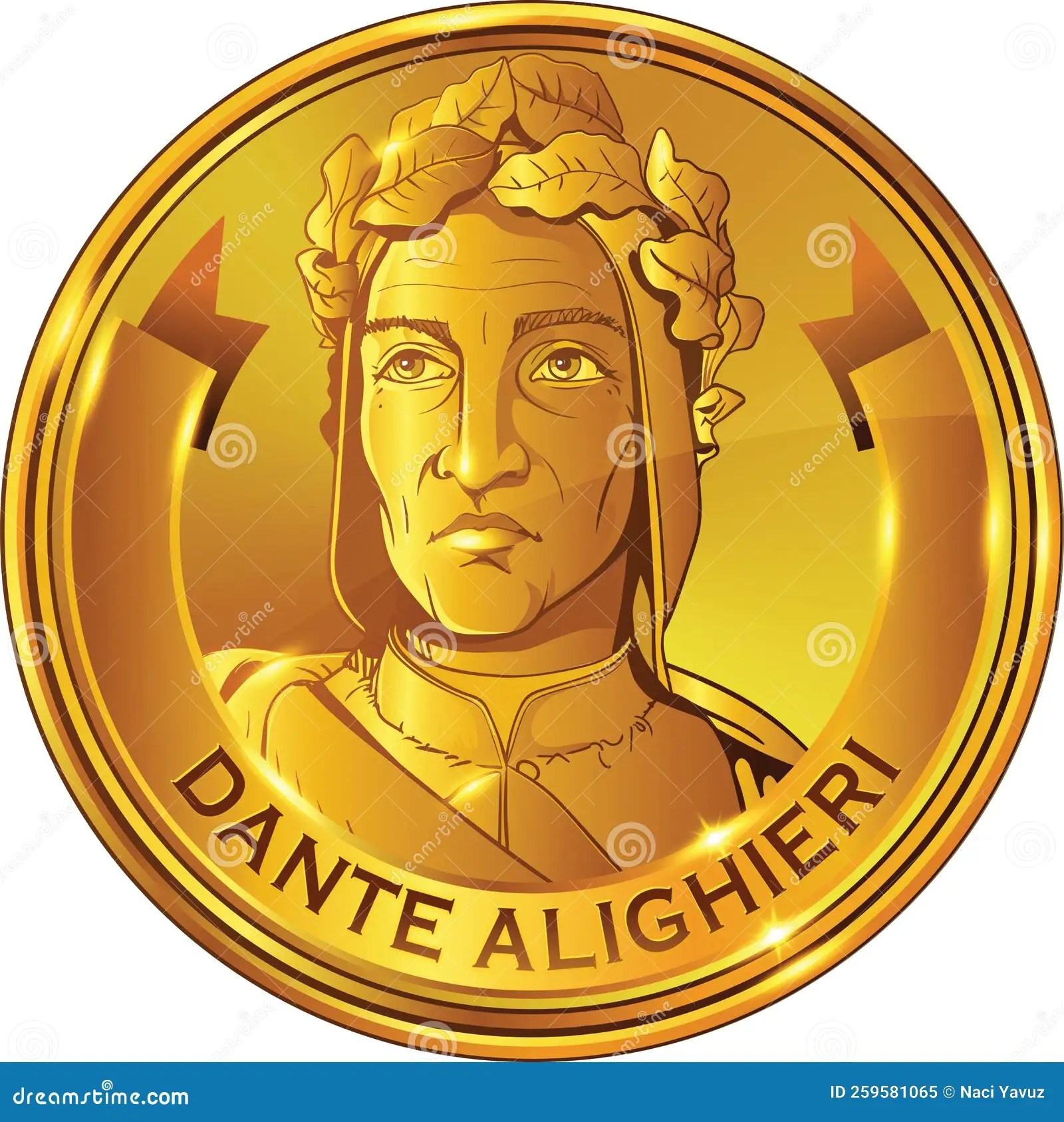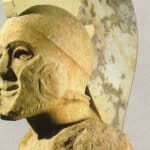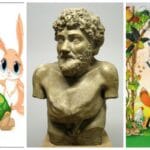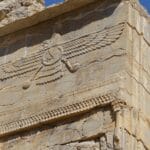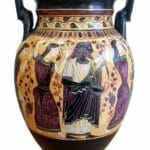Dante Alighieri (1265-1321): The preeminent Italian poet whose epic Divine Comedy remains a cornerstone of world literature, exploring themes of love, faith, and the human condition. This article delves into the life, works, and lasting impact of this literary giant, exploring not only his masterpiece but also the lesser-known facets of his intellectual and political life.
Florence and Exile: Shaping a Poet
A Florentine Childhood and Education
Dante Alighieri was born in Florence, Italy, around May 1265, to a family of lesser nobility. His given name was Durante di Alighiero degli Alighieri, and while the precise details of his education remain somewhat obscure, it’s likely he received instruction at home and possibly in a chapter school associated with a church or monastery. Florence, in the late 13th century, was a vibrant hub of commerce and art, but also a cauldron of political factions. This dynamic environment, steeped in both beauty and conflict, probably imbued the young Dante with a keen awareness of the human drama, shaping his artistic and political sensibilities. His early exposure to Tuscan poetry, along with a deep immersion in classical literature, laid the foundation for his future literary endeavors.
The Crucible of Exile
Dante’s life was deeply intertwined with the tumultuous political landscape of Florence. An active participant in the city’s politics, he aligned himself with the White Guelphs. This allegiance would prove fateful. In 1302, following the Black Guelphs’ rise to power, Dante was unjustly accused of corruption and sentenced to permanent exile. Forced to wander as a political refugee, separated from his beloved city and family, Dante experienced the profound pain of loss and displacement. This exile, while undoubtedly traumatic, became a catalyst for his creativity. It was during these years of wandering that he forged his magnum opus, The Divine Comedy—a work infused with the bitterness of exile, the yearning for justice, and the enduring power of hope.
A Literary Legacy: Beyond the Inferno
La Vita Nuova: Seeds of Love and Loss
Before embarking on the epic journey of The Divine Comedy, Dante penned La Vita Nuova (The New Life), a collection of prose and poetry offering a poignant glimpse into his early life and loves. At the heart of this work lies Beatrice Portinari, Dante’s idealized love, a figure who would later become his celestial guide through Paradise in the Comedy. La Vita Nuova explores the intoxicating joy of love, the searing pain of loss (Beatrice’s death), and the nascent stirrings of spiritual awakening. It provides a crucial lens through which to understand the themes and stylistic approaches that would characterize his later masterpiece. How did the experience of love and loss, so vividly captured in La Vita Nuova, influence Dante’s representation of the human journey in The Divine Comedy? [https://www.lolaapp.com/]
The Divine Comedy: A Descent into the Human Condition
Inferno, Purgatorio, Paradiso: three canticles comprising one breathtaking descent into the human spirit. The Divine Comedy, likely completed shortly before Dante’s death in 1321, is far more than a fantastical tale of the afterlife. Guided by the Roman poet Virgil through Hell and Purgatory, and then by Beatrice through Paradise, Dante confronts the complexities of sin, redemption, and divine justice. The poem’s intricate structure, populated with a cast of historical and allegorical figures, invites us to grapple with our own moral compass, our own place within the human story. The Inferno, with its vividly imagined nine circles of Hell, often overshadows the other canticles. Yet, the journey through Purgatory, with its emphasis on purification and hope, and the ascent into the radiant light of Paradise, offer a profound meditation on the possibility of spiritual transformation. [https://www.lolaapp.com/dante-virtual-soundcard]
Exploring the Breadth of Dante’s Work
While The Divine Comedy undoubtedly stands as Dante’s most celebrated achievement, his other writings reveal the remarkable breadth and depth of his intellect. Convivio (The Banquet), an unfinished philosophical treatise, explores his views on knowledge, virtue, and the pursuit of happiness. De vulgari eloquentia (On Eloquence in the Vernacular) not only advocates for the use of the Italian vernacular in literary expression, but also provides valuable insights into the development of the Italian language itself. De monarchia (On Monarchy), a political treatise, examines the relationship between church and state, arguing for the necessity of a universal monarch to ensure peace and justice. These lesser-known works, though often overlooked, provide essential context for understanding the full scope of Dante’s intellectual pursuits. They suggest a multifaceted individual deeply engaged with the social, political, and philosophical currents of his time.
The Alighieri Legacy: A Voice Across Centuries
Dante Alighieri’s influence on literature, art, and thought continues to resonate across the centuries. His works, especially The Divine Comedy, have inspired countless artists, writers, and thinkers, from Botticelli’s iconic illustrations to contemporary philosophical debates about justice, morality, and the nature of the human soul. [https://www.lolaapp.com/canovas] His exploration of universal themes—love, loss, sin, redemption, the search for meaning—transcends historical and cultural boundaries. While some scholars debate specific interpretations of his work, the enduring power of his vision remains undeniable. Ongoing research continues to shed new light on Dante’s life and works, suggesting that our understanding of his genius will only deepen with time.
The Meaning of Alighieri: More Than Just a Name
“Alighieri” is more than simply Dante’s surname; it represents a pivotal moment in literary and intellectual history, a testament to the power of human experience to shape enduring works of art. While the exact etymology remains debated among historians, it likely carries layers of historical and cultural significance, potentially connected to lineage and social status in medieval Italy. This ambiguity only adds to the mystique surrounding the name and the man who bore it.
Dante Alighieri’s Claim to Fame
Dante Alighieri achieved enduring fame through his groundbreaking contributions to literature, language, and philosophy. The Divine Comedy, his epic journey through the afterlife, remains a touchstone of Western literature, captivating readers with its vivid imagery, allegorical depth, and exploration of fundamental human concerns. His decision to write in the Italian vernacular, rather than Latin, was revolutionary, elevating the status of the Italian language and making his work accessible to a wider audience. His other works, while less famous, reveal his engagement with political philosophy and his profound insights into the nature of love, knowledge, and the human condition.
Dante’s Magnum Opus: The Divine Comedy
The Divine Comedy, completed shortly before Dante’s death in 1321, is universally recognized as his most significant work. This epic poem, divided into Inferno, Purgatorio, and Paradiso, takes readers on an unforgettable journey through the afterlife, exploring themes of sin, redemption, and the complexities of the human spirit. Written in Italian vernacular, it not only shaped the Italian language but also made profound contributions to Western literary tradition. The poem’s intricate allegory, symbolism, and philosophical depth continue to fascinate and inspire readers centuries later.
| Dante Alighieri: A Timeline | |
|---|---|
| c. 1265 | Born in Florence, Italy |
| 1289 | Participates in the Battle of Campaldino |
| 1302 | Exiled from Florence |
| c. 1308-1321 | Writes The Divine Comedy |
| 1321 | Dies in Ravenna, Italy |
- Unlocking Francis Alexander Shields’ Finance Empire: A Comprehensive Biography - July 12, 2025
- Unveiling Francis Alexander Shields: A Business Legacy - July 12, 2025
- Francis Alexander Shields’ Business Career: A Comprehensive Overview - July 12, 2025
